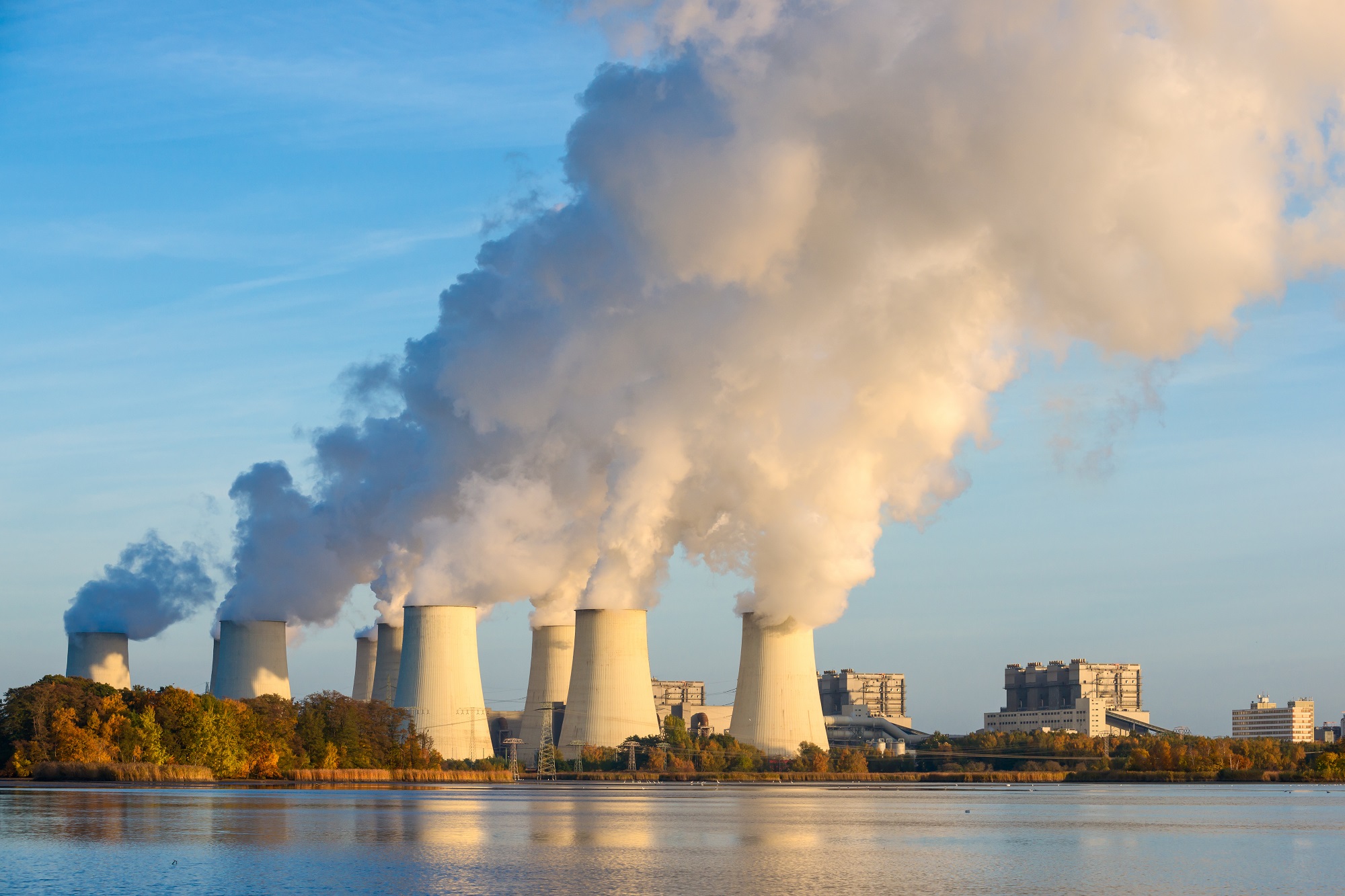

Primary Program

About
Wolfgang Heidug is a leading expert in low-carbon energy policy, with a particular focus on carbon capture and storage (CCS). He is currently a Visiting Researcher at KAPSARC, having previously served as a Senior Research Fellow at the Center from 2015 to 2020. Before joining KAPSARC, he was a Senior Adviser at the International Energy Agency (IEA), where he contributed to the development of CCS policy. Wolfgang spent over two decades at Shell International in The Hague, holding various senior roles, including General Manager for CO₂ Policy. He holds a Ph.D. in Engineering from Brown University and master’s degrees in Economics and Physics from universities in Germany.
Publications

20 May 2025
Race to the Top: Harmonizing Regulations for Geological CO₂ Storage Under Article 6The urgent need to mitigate climate change underscores the importance of achieving reliable and widespread deployment of geological carbon storage. This discussion paper highlights the role of robust and harmonized state regulations in ensuring the environmental integrity of CO2 stor...

09 December 2024
Towards a CCS National Strategy and Roadmap for Saudi ArabiaSaudi Arabia, the world’s largest oil exporter, has long been associated with the production and consumption of hydroacrbons. However, with the increasing concerns over climate change and the urgent need to reduce greenhouse gas emissions, the country has started to explore and inves...

14 December 2023
Enabling Blue Hydrogen for a Low- Carbon Future: Certifying Emissions and CO2 StorageAs part of a diverse energy portfolio, hydrogen can support global efforts toward transitioning to a more sustainable energy system. This would align with climate goals, such as those outlined in the Paris Agreement. For hydrogen to fulfill this potential, its production method needs...

21 September 2020
Supply-side Climate Policy for Crude Oil ProducersThis paper considers the potential for supply-side climate policy to increase climate action, with a focus on crude oil producers and exporting countries. To date, supply-side policies have not been widely used in efforts to tackle climate change, and the emerging dialogue on the top...

07 April 2019
A Mechanism for CCS in the Post-Paris EraA new CCS-specific technology mechanism is suggested as a means by wh... The authors argue that their proposed storage crediting scheme can complement and supplement carbon pricing, unlock new layers of climate finance for CCS, and overcome barriers historically faced by the technology.

02 July 2018
Policy Lessons From China’s CCS ExperienceChina’s political leadership has taken an increasingly public and proactive stance on climate change since 2014. This includes a commitment that Chinese carbon dioxide (CO2) emissions will peak before 2030 and enacting measures through the 13th Five-Year Plan to support energy effici...

29 January 2018
Enhanced Oil Recovery and CO2 Storage Potential Outside North America: An Economic AssessmentStoring carbon dioxide (CO2 ) in oil reservoirs as part of CO2 -based enhanced oil recovery (CO2 -EOR) can be a cost-effective solution to reduce emissions into the atmosphere. In this paper, we analyze the economics of this option in order to estimate the amount of CO2 that could be...





